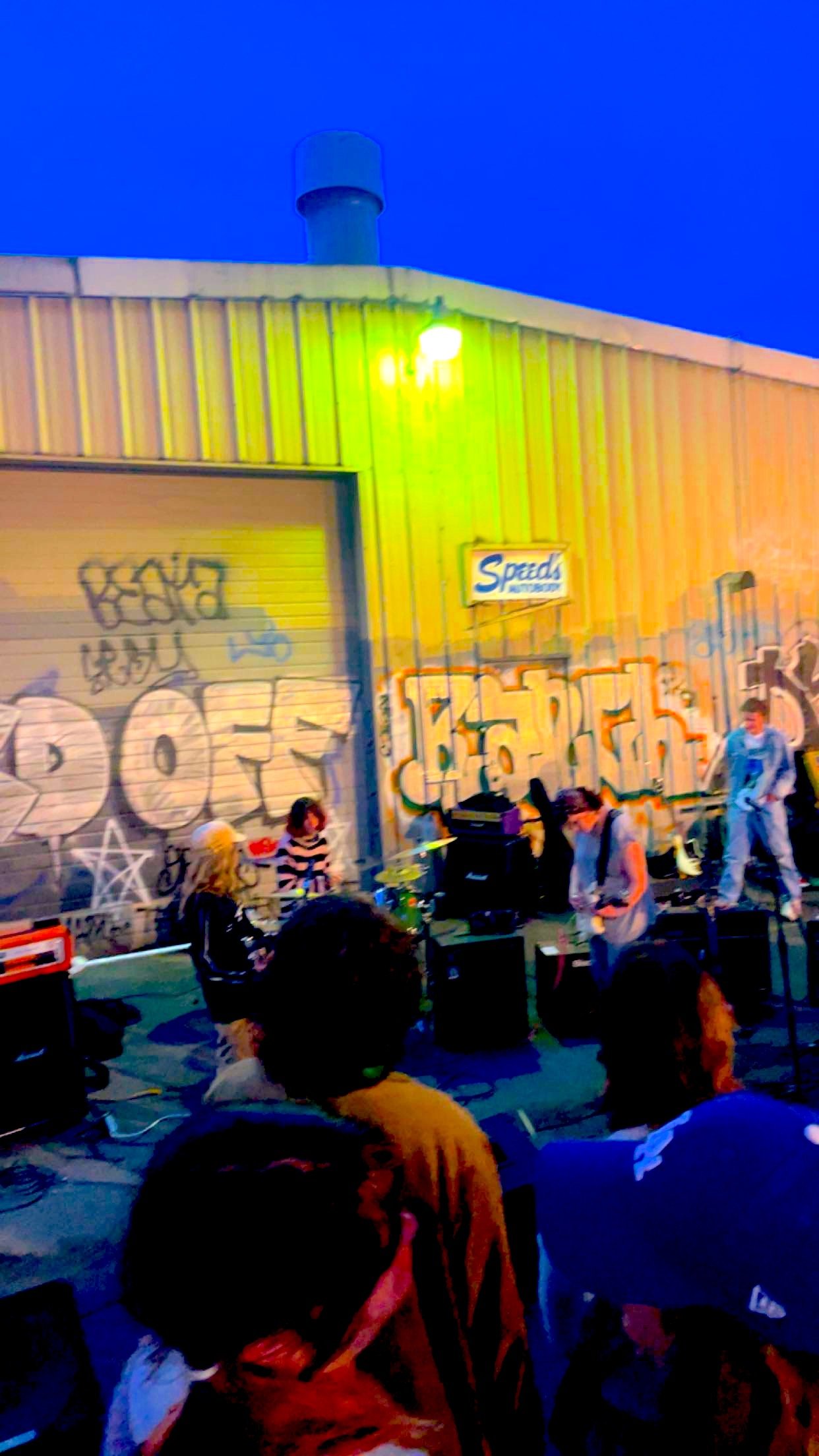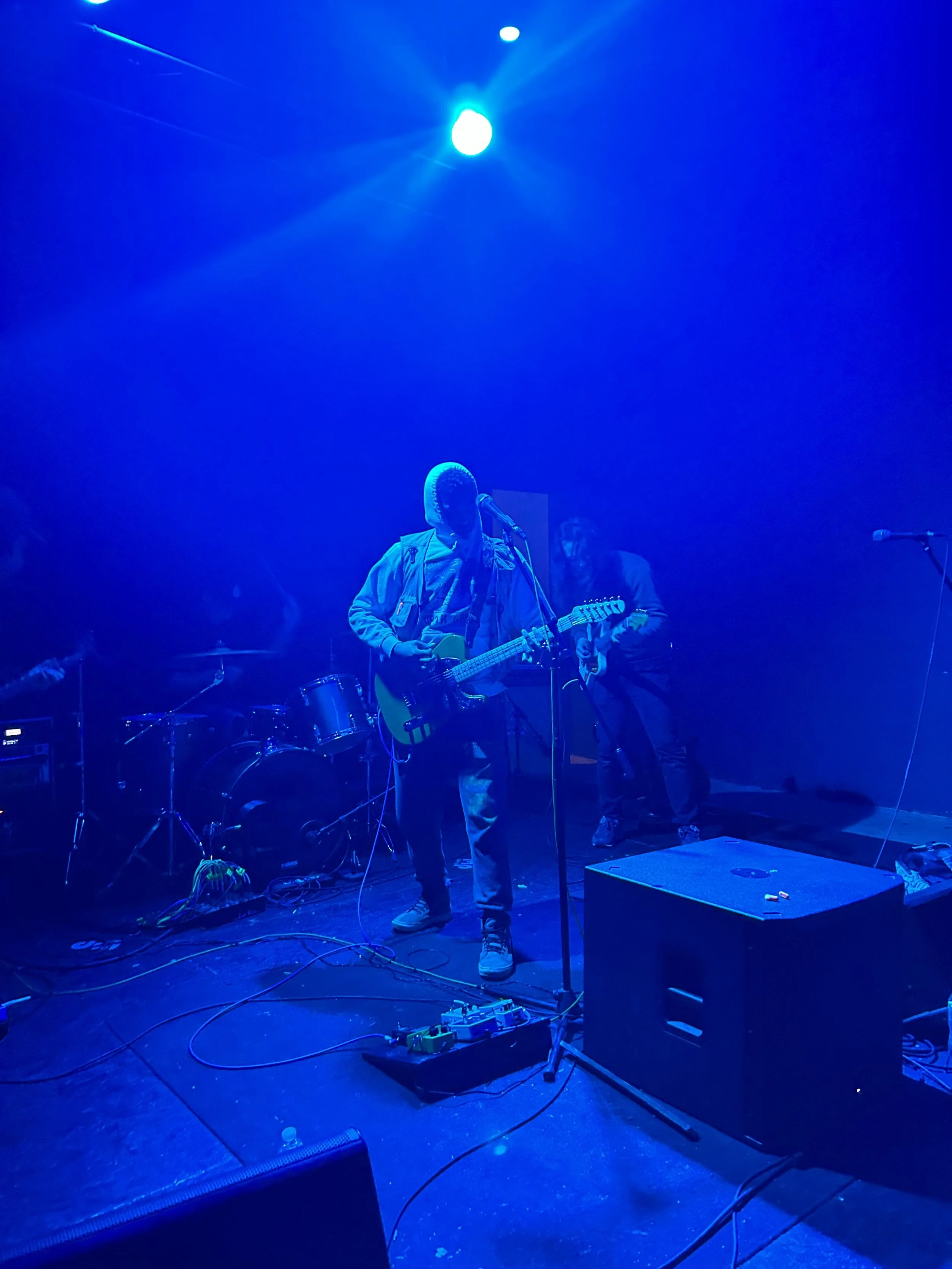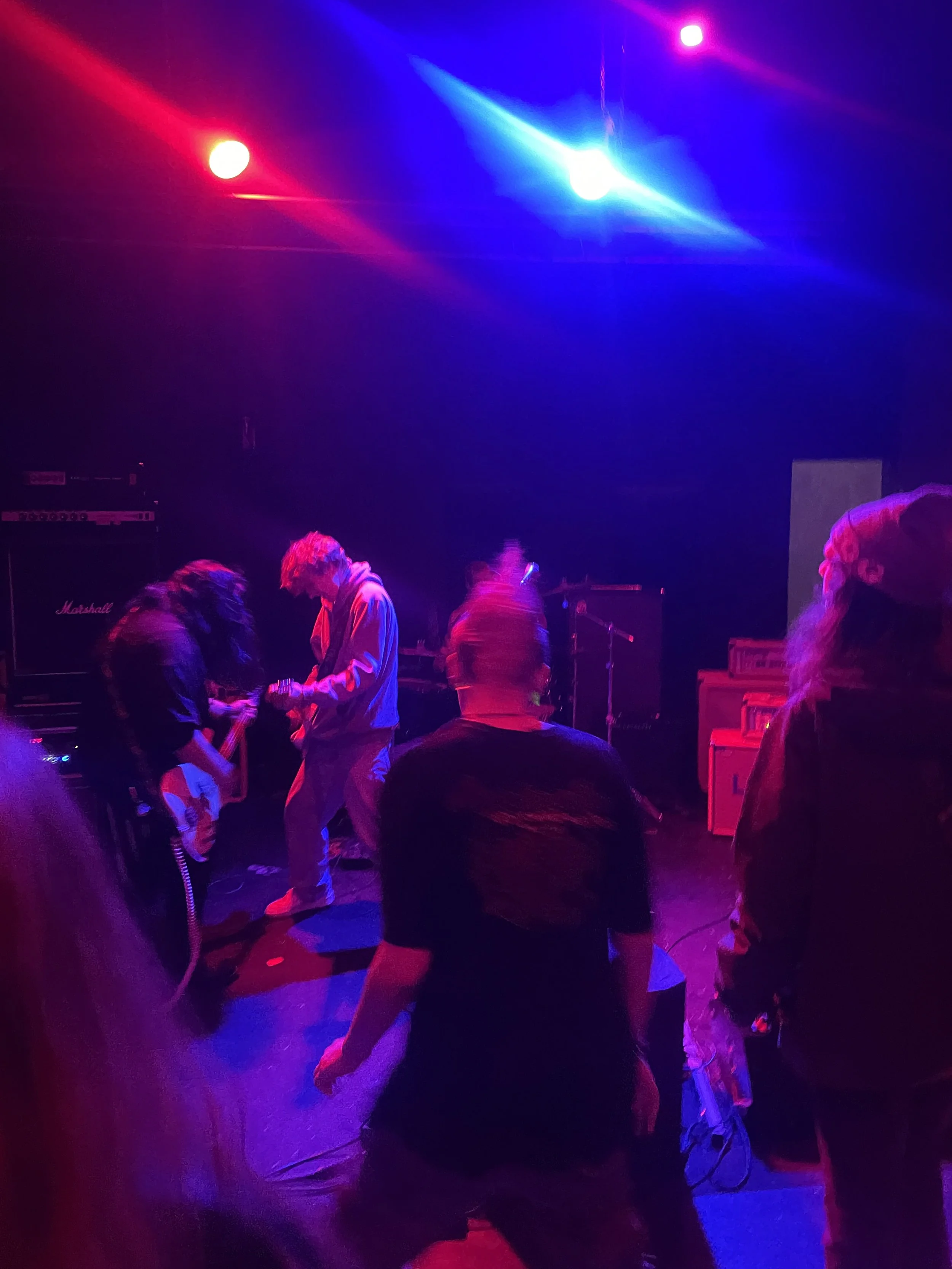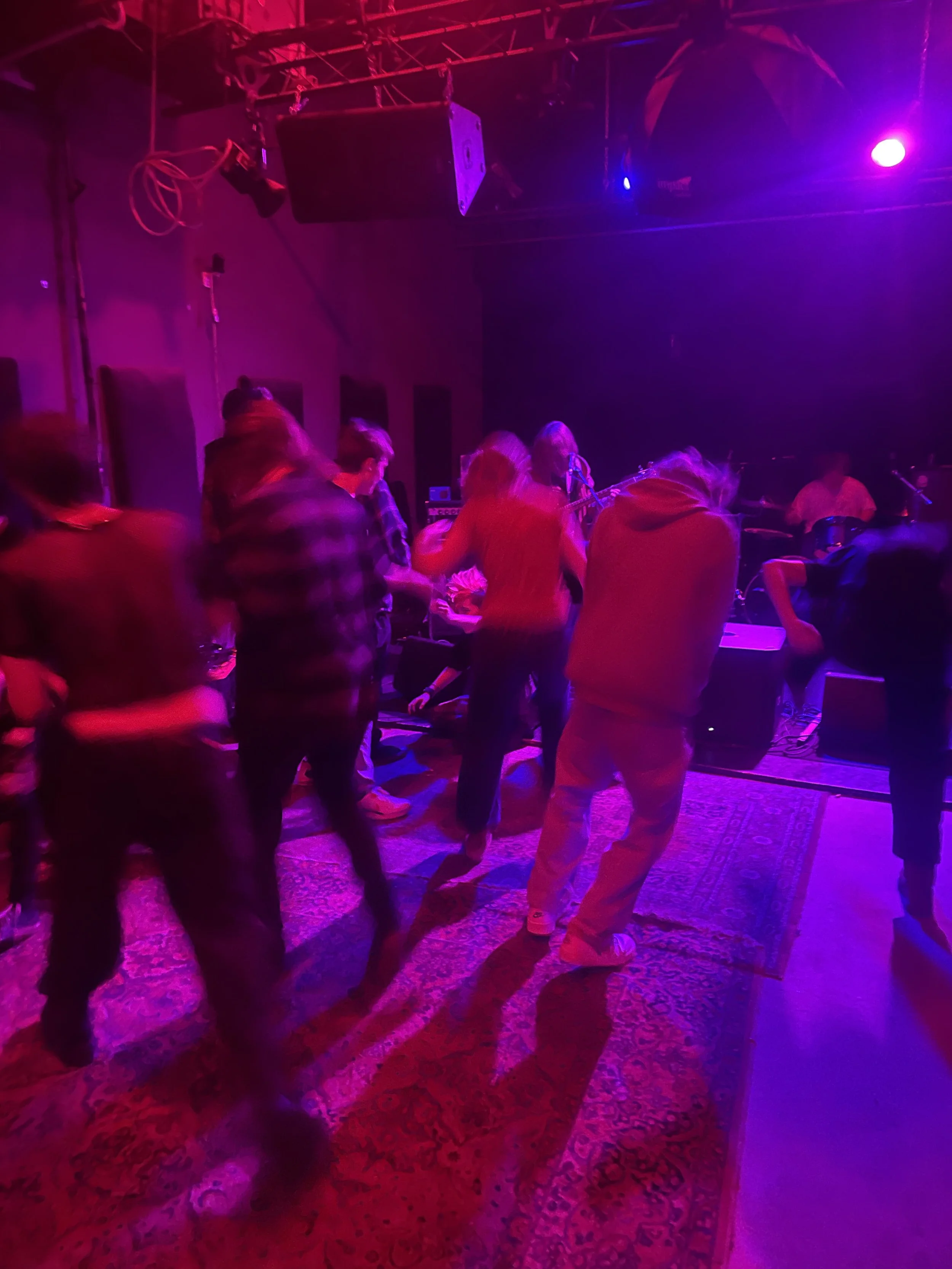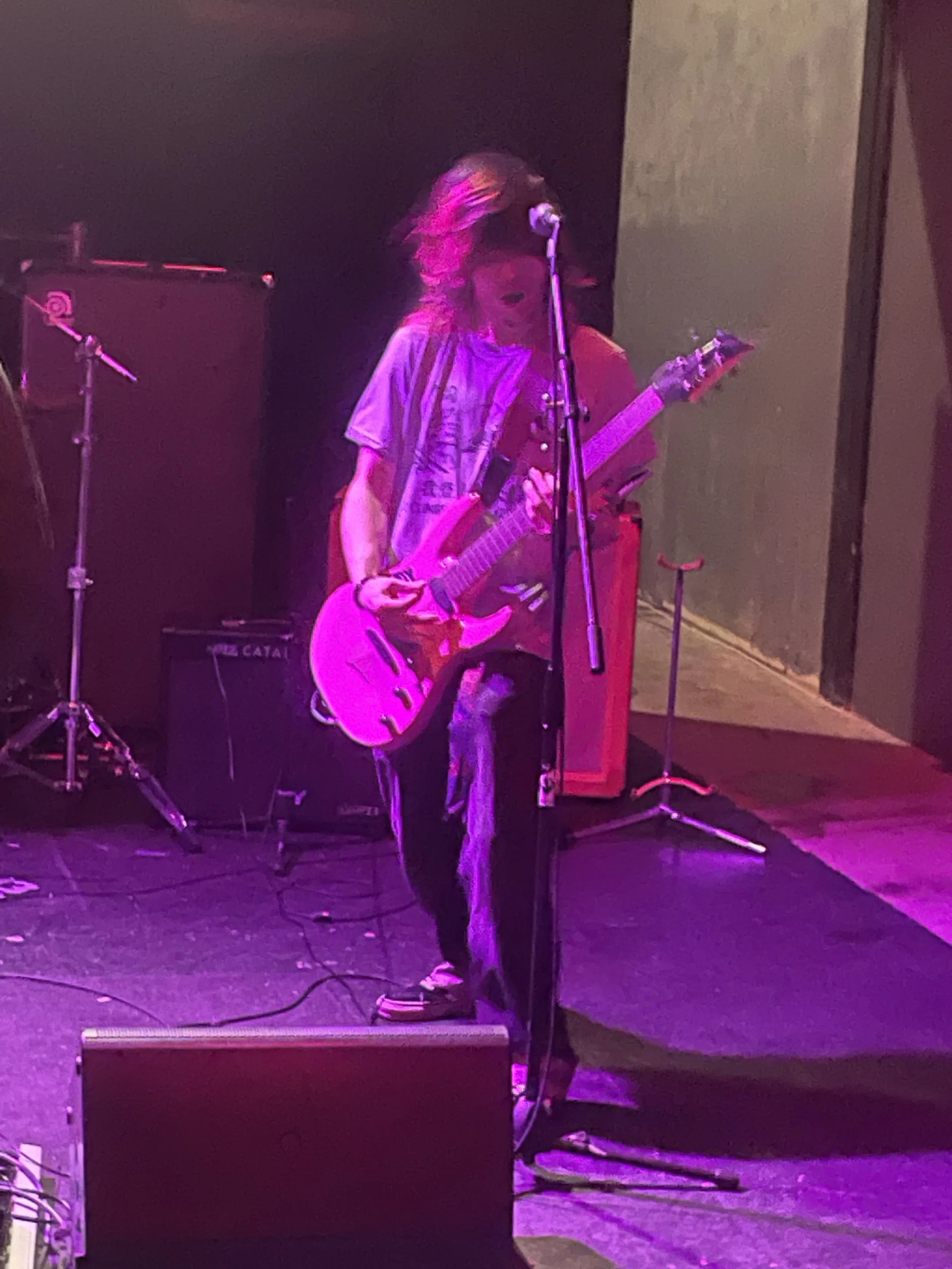Welcome to our comprehensive coverage of the Portland Music Scene
In-depth Features on Upcoming Artists
Defining the problem
The problem of rebuilding artist revenues post-COVID, following widespread unemployment and career migration, is a significant issue that a majority of artists are facing in the post-pandemic digital age. Before the pandemic, many musicians were already heavily reliant on live performances as their main source of income, with over 50% of artists making a living from concerts. As the pandemic halted live events, this primary revenue stream disappeared, causing widespread financial instability. The music industry has progressively become more monopolized over the years, with only five major labels remaining that represent a majority of popular artists. While there are thousands of independent labels, some of which are very successful, major labels have a strong advantage when it comes to marketing, distribution, and booking. Digital streaming services like Spotify and Apple Music have also ravaged the industry, with Spotify paying an average $2.38 per 1000 streams. (Walfish, 2024)
The pandemic decimated the music industry, particularly for emerging artists who lost momentum and face long-term challenges in rebuilding their careers. This economic impact extended beyond immediate revenue loss, leading many artists to consider career changes, with little support from industry intermediaries or policymakers. The lack of sufficient support systems worsened the situation, leaving artists without alternative income sources, especially those deeply involved in local music scenes with limited digital presence.
The financial instability faced by musicians during and after the COVID-19 pandemic was a multifaceted issue that exposed systemic vulnerabilities in the music industry. Before the pandemic, live performances had already overtaken recorded music as the primary source of income for many artists due to the declining profitability of album sales and streaming revenues. Essentially, the digital age diminished traditional revenue streams, leaving artists increasingly dependent on concert tours and live events to sustain their livelihoods.
When the pandemic brought live events to a standstill, this dependency became a major liability. Not only did artists lose immediate income, but the prolonged shutdown created cascading effects on their careers and the broader music ecosystem. Emerging artists, who often rely on building momentum through consistent live performances, were disproportionately affected. Donoughue and Shneier emphasize that this loss of momentum translated into lost opportunities for career growth, visibility, and networking—elements critical for long-term sustainability in the competitive music industry.
Beyond immediate revenue loss, the lack of robust support systems for independent musicians intensified the crisis. Industry intermediaries such as labels, promoters, and booking agents offered little assistance, often prioritizing more commercially established acts or shifting focus to digital content. Policymakers, meanwhile, failed to provide sufficient financial relief tailored to the specific needs of artists, who frequently operate as independent contractors or small business owners. This left many musicians, especially those in local or niche scenes, without access to unemployment benefits or other safety nets.
The impact was particularly severe for artists with limited digital presence or those embedded in local music communities, where face-to-face interactions and grassroots support are central to their careers. While some musicians pivoted to online performances and virtual tip jars, these efforts rarely matched the revenue generated by live events. As a result, a significant number of artists were forced to abandon or pause their careers, with many seeking more stable employment outside the industry.
Rebuilding artist revenues post-pandemic requires addressing both immediate and systemic issues. In the short term, targeted financial assistance and grants can provide a safety net for struggling musicians. Long-term solutions, however, demand a reevaluation of how artists generate income, including better compensation from digital platforms, equitable distribution of live performance revenues, and investment in infrastructure that supports local music scenes. Encouraging collaboration between policymakers, industry leaders, and grassroots organizations is essential to create a sustainable and resilient music ecosystem that can withstand future disruptions.
Discover the latest in the Portland Music Scene
Stay Connected
Connect with us to stay updated on the latest Portland music scene news, upcoming shows, and exclusive band interviews. Don’t miss out on our unique audience ratings for each show!
CONTACT FOR BOOKING/INTERVIEWS/RELEASE INFO
ethansanders828@gmail.com
PHONE
8189130556
@fukyoumarkzuckerberg

